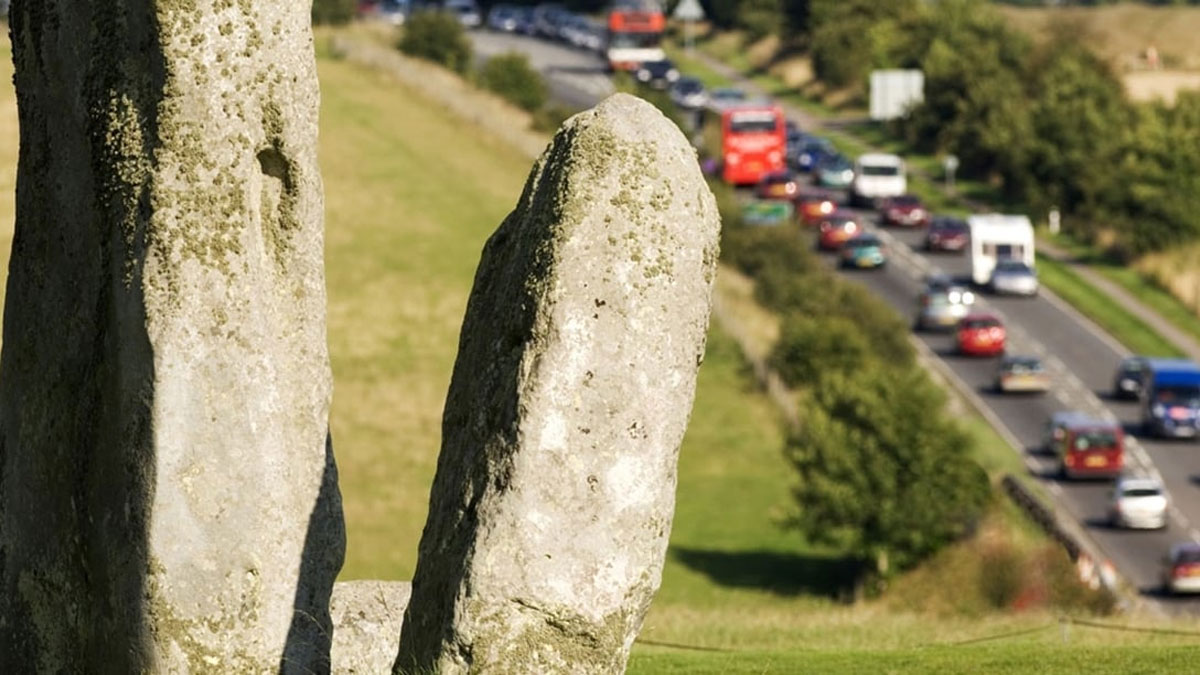|
A controversial £1.7bn scheme that would have seen a major road running alongside Stonehenge become an underground dual-carriageway tunnel has been scrapped by the British government

Tom Anstey | Planet Attractions | 30 Jul 2024

 The tunnel plan had drawn significant criticism from a number of organisations, including Unesco Credit: English Heritage The tunnel plan had drawn significant criticism from a number of organisations, including Unesco Credit: English Heritage
Controversial plans to build a road tunnel near Stonehenge are set to be scrapped by the British government.
Speaking in Parliament, Britain’s new Labour chancellor, Rachel Reeves, announced that a number of road and rail projects, including the Stonehenge plans, had been cancelled.
“If we cannot afford it, we cannot do it,” said Reeves, who has been making cuts to reduce Britain’s financial deficit - a £20bn “black hole” in the country’s public finances. Reeves added that the transport secretary has agreed not to “move forward” with the project, which she described as a “low value, unaffordable commitment”.
The plans, approved by the previous Conservative government, would have seen a major road running alongside Stonehenge turned into an underground dual-carriageway tunnel, with 8mi (12.8km) of the A303 completely overhauled to better deal with heavy traffic.
While traffic in the area is a significant issue, the scheme saw significant backlash from public bodies and heritage organisations, who said the works would cause “permanent, irreversible harm” to the prehistoric monument.
Last month Unesco’s World Heritage Committee published a draft decision to add Stonehenge to its at-risk list as a result of the development, though ultimately the move was rejected with the in-danger listing to be reviewed again in 2026.
The Department for Transport originally gave the road the greenlight in July last year, but the plans have faced numerous legal challenges, with campaign group Save Stonehenge World Heritage Site (SSWHS) fighting vigorously against the proposed developmentf.
When announced, a price tag of £1.7bn (US$2.2bn, €2.02.bn) was touted for the work, which the previous government said would remove sight and noise of traffic at the site while cutting journey times. But campaigners had argued the price now would likely be close to £2.5bn (US$3.2bn, €2.97bn), with £160m (US$205.7M, €190.1m) already spent on the scheme.
“This is a vindication of all the work of so many people over so many years from supporters around the world,” said John Adams, chair of SSWHS.
“National Highways’ misguided project was called out for what it was: low value and unaffordable. It was also highly damaging. Now that it has been scrapped, we need to move on. As soon as the budget is there, we need to ensure, as a priority, that local traffic is better managed and rail access to the South West improved.”
Heritage
|
|






Supplier Showcase 2025: The biggest attractions projects landing worldwide this year
|